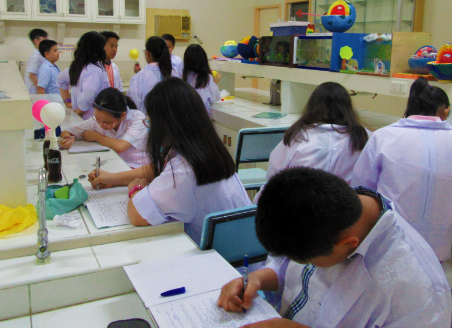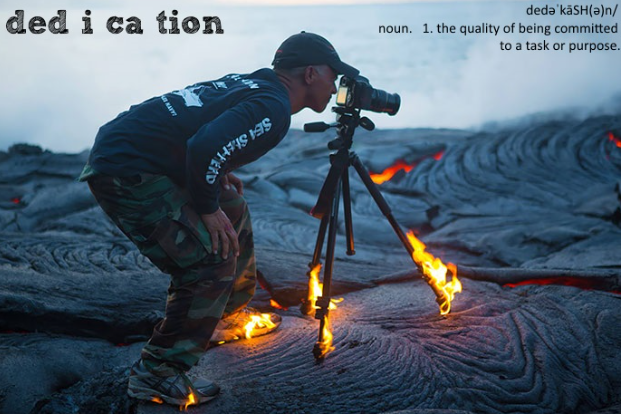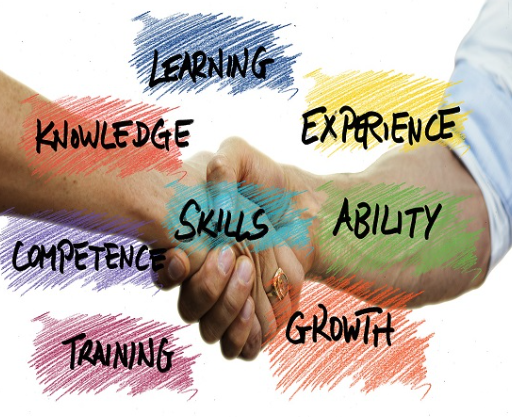Knowledge and experience are two distinct but interconnected aspects of human understanding. While they are related, they differ in their sources, nature, and application. Here are some key differences between knowledge and experience: Source: Knowledge primarily stems from the acquisition of information, whether through formal education, research, reading, or learning from others. It involves the accumulation of facts, concepts, theories, and principles. On the other hand, experience arises from direct engagement with the world. It is gained through personal involvement, observation, practice, and firsthand encounters. Nature: Knowledge tends to be more theoretical and conceptual in nature. It provides a foundation of understanding about a subject, allowing individuals to grasp its principles and frameworks. Experience, however, is practical and experiential. It involves direct engagement with real-life situations, allowing individuals to apply and test their knowledge in practical scenarios. Acquisition: Knowledge can be acquired through various means, including books, lectures, online resources, and formal education. It can be passed on from one person to another through teaching and sharing of information. Experience, on the other hand, is gained through direct involvement, active participation, and personal engagement with the world. It often requires firsthand encounters and the application of knowledge in real-life situations. Subjectivity: Knowledge can be objective and verifiable, based on established facts and evidence. It is often shared and agreed upon within a particular field or discipline. Experience, on the other hand, is subjective and personal. It is influenced by individual perspectives, emotions, and interpretations of events. Each person's experience can vary based on their unique circumstances, background, and perception. Application: Knowledge provides a framework for understanding and interpreting the world. It allows individuals to analyze, synthesize, and make sense of information. It forms the basis for problem-solving, critical thinking, and decision-making. Experience, however, is the practical application of knowledge in real-life situations. It provides an opportunity to test and refine understanding, gain practical skills, and develop intuition and expertise. Transferability: Knowledge can be shared, communicated, and transferred from one person to another. It can be taught, documented, and disseminated through various mediums. Experience, on the other hand, is highly personal and context-specific. It is often difficult to fully convey or replicate someone else's experience, as it is shaped by individual circumstances and subjective interpretation. Both knowledge and experience are valuable and complement each other in the pursuit of understanding. While knowledge provides a theoretical framework and informs our understanding, experience adds depth, practicality, and personal growth. The integration of both knowledge and experience is crucial for a well-rounded and comprehensive understanding of the world.

Knowledge and Experience: Illuminating Perspectives and Practical Growth
Knowledge can be acquired through various means, including books, lectures,
Shares:

















































